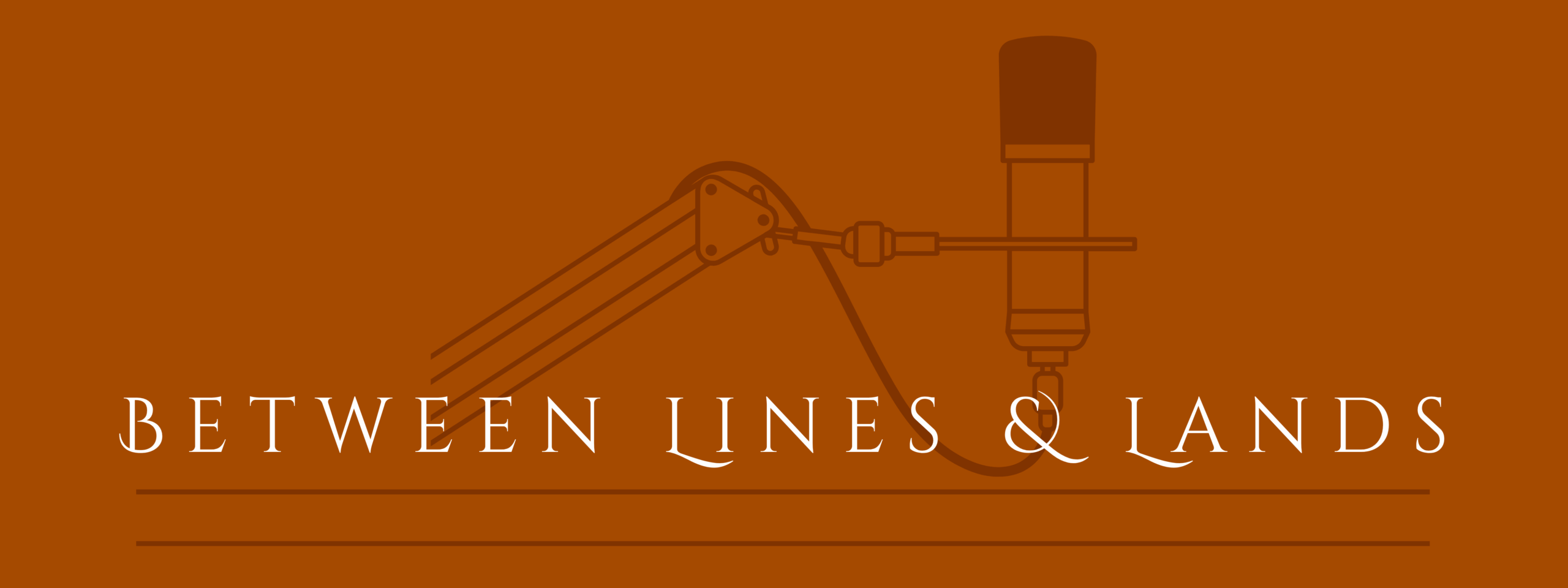When we think about economics, the first name that usually comes up is Keynesian economics. That’s not surprising, because much of today’s world operates with Keynesian principles at its core: ideas about government spending, aggregate demand, and how policy can stabilize economies.
But Keynes isn’t the only voice in the story of economics. Over the centuries, economists and thinkers have debated the role of markets, governments, and individuals in shaping prosperity. Competing schools of thought have emerged, each with its own explanation of how economies function and how they should function.
In a video “Economic Schools of Thought: Crash Course Economics” they give a concise but powerful overview of some of the major economic traditions beyond Keynesianism.
What You’ll Learn in the Video
The presenters in this video walks through several foundational perspectives:
- Socialism & Communism – Schools that question capitalism itself, arguing for collective ownership and different approaches to distribution.
- Chicago School – Known for its strong defense of free markets, limited government intervention, and monetarism.
- Austrian School – Emphasizing individual choice, spontaneous order, and skepticism toward central planning.
Each of these schools has shaped real-world policies, intellectual debates, and even the way we talk about fairness and freedom in society.
Why This Matters
Understanding economic schools of thought isn’t just academic trivia. It helps us see why people disagree on taxes, regulation, welfare, or trade. It also highlights how ideas can outlast their original contexts, shaping policies decades or even centuries later.
In our podcast at Between Lines and Lands, we often return to these tensions — the battle between freedom and structure, individual choice and collective responsibility. That’s why this CrashCourse video is such a great complement: it distills the complexity into an accessible, visual format.
Final Thought
If you’ve ever wondered why politicians, commentators, or even your friends frame economic problems so differently, a quick tour through these schools of thought will give you answers. And the best part is, you don’t need a PhD to follow along — just 10 minutes and an open mind.
